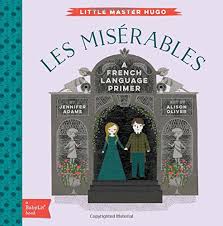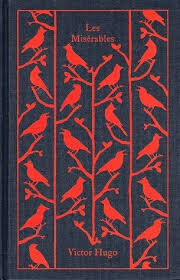I grabbed I Am, I Am, I Am off a bookstore shelf when I was in Melbourne in August. I'd never heard of it then. But I was drawn in by that gorgeous cover, and the subtitle: Seventeen Brushes with Death. I Am, I Am, I Am is Maggie's first memoir after having seven novels published. I'd never heard of Maggie O'Farrell at that stage either, but I Am, I Am, I Am is so beautifully written that I'll certainly seek out her fiction when I can.
I really love the way the book is designed and organised. Each of the seventeen brushes with death is a separate chapter, each a short story almost, named after the body part threatening her life and illustrated with gorgeous historic anatomic drawings.
I don't often talk about my day job here (in fact I studiously avoid it), but I see life and death on a daily basis. It informs my outlook on the world, it is the lens through which I view the world, life and humanity, and must of necessity encase my reading of this book (well all of my reading actually, but particularly this type of book), and indeed was one of the reasons I was so drawn to it to start with. Seventeen brushes with death, seemed an almost improbable, unwieldy claim. Can anyone really be that unlucky? I tallied up mine- one definitely, maybe a few others.
There is nothing unique or special in a near-death experience. They are not rare; everyone, I would venture, has had them, at one time or another, perhaps without even realising it. The brush of a van too close to your bicycle, the tired medic who realises that a dosage out to be checked one final time, the driver who has drunk too much and is reluctantly persuaded to relinquish the car keys, the train missed after sleeping through an alarm, the aeroplane not caught, the virus never inhaled, the assailant never encountered, the path not taken. We are, all of us, wandering about in a state of oblivion, borrowing our time, seizing our days, escaping our fates, slipping through loopholes, unaware of when the axe may fall.Some of Maggie's near-death experiences were more near than others, and sometimes she doesn't realise when death may have been near.
She asks if I'll write about having septicaemia and I say no. I don't remember it. I was too young. And also I don't think I was in danger of dying, was I?The chapter about her miscarriage is astonishing. Gut wrenching.
It will be hard, every time, not to listen to the internal accusations of incompetency. Your body has failed at this most natural of functions; you can't even keep a foetus alive; you are useless; you are deficient as a mother, before you even were a mother.Maggie wonder why when "losing a baby, a foetus, an embryo, a child, a life, even at a very early stage, is a shock like no other" we don't talk about it more as a society.
Why don't we talk about it more? Because it's too visceral, too private, too interior. These are people, spirits, wraiths, who never breathed air, never saw light. So invisible, so evanescent are they that our language doesn't even have a word for them.Maggie to this day deals with the ongoing consequences of a severe childhood illness and it is fascinating and humbling to read her words about that.
You yourself know that a near-death experience changes you for ever: you come back from the brink altered, wiser, sadder.I Am, I Am, I Am ( a quote from The Bell Jar) is about much more than near-death, it is also about Maggie's life. Her childhood, her travels, her education ("an unremarkable degree in English literature"), her loves, her marriage, her family and friends. It is beautifully written.
Something is moving within me, deep in the coiled channels of my stomach, something with claws, with fangs, with evil intent. It is gaining strength, I can feel it, drawing it off me. It is as though I have swallowed a demon, a restive one that turns and fidgets, scraping its scales against my innards. I must fold into myself, breathe, grip my hands into fists until the spasm passes.Although if someone in reality described their pain to me in that way I wouldn't be sure if the pain was in their belly, or in their head. Maggie is a tea abstainer as I am, and we both worked cleaning hotel rooms when young, although I was never to describe it as poetically as she does in the first few pages, making me gasp with recognition.
All morning, I sift and organise and ease the lives of others. I clear away human traces, erasing all evidence that they have eaten, slept, made love, argued, washed, worn clothes, read newspapers, shed hair and skin and bristle and blood and toenails.I loved learning that anaphylaxis was "discovered" and named by French researcher Charles Richet during experiments on dogs in 1901. He was awarded the 1913 Nobel Prize in Physiology or Medicine for his work. Sadly he was a man of his time and was also president of the French Eugenics Society.

















